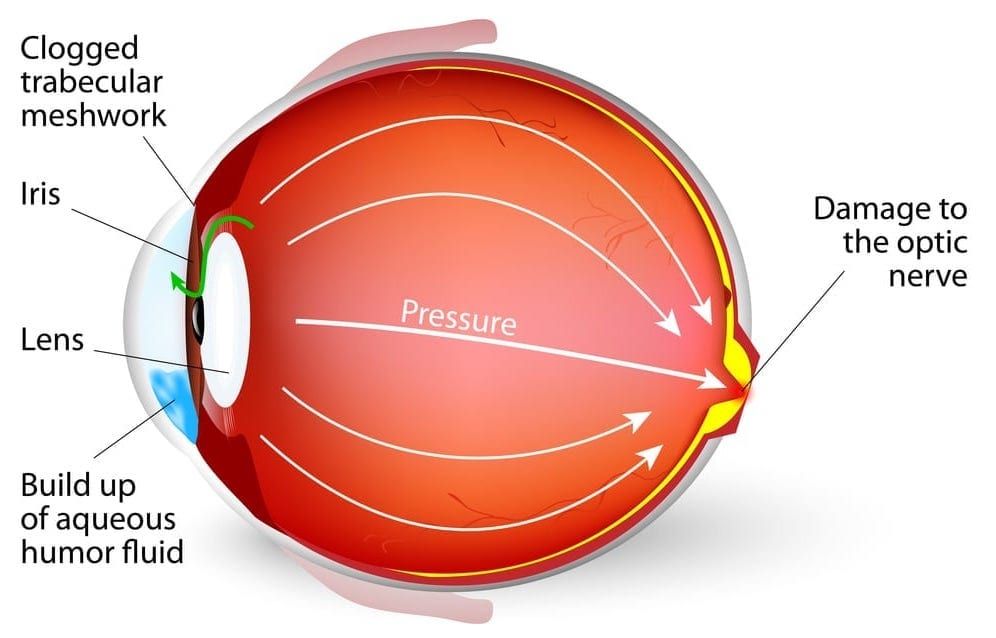Glaucoma is a term used to refer to a group of eye diseases that ultimately cause damage to the optic nerve. Unfortunately, there is no cure for glaucoma; but there are treatments available to help manage the condition and prevent vision loss. People with glaucoma often experience slow and gradual vision loss that is so subtle, it is virtually undetectable until it reaches advanced stages. Glaucoma often presents no other symptoms than vision loss, which is why it is important to visit an eye doctor periodically for comprehensive eye exams. As the disease progresses, it can eye pain and nausea, as well as total vision loss.
Did you know…
that glaucoma is a leading cause of blindness in the United States? It accounts for approximately 10 percent of all cases of total vision loss – some who lose their vision despite seeking treatment. The disease can strike anyone at any time, from birth to old age. More than 2 million Americans are believed to live with glaucoma, of who only 50 percent have received a diagnosis.



